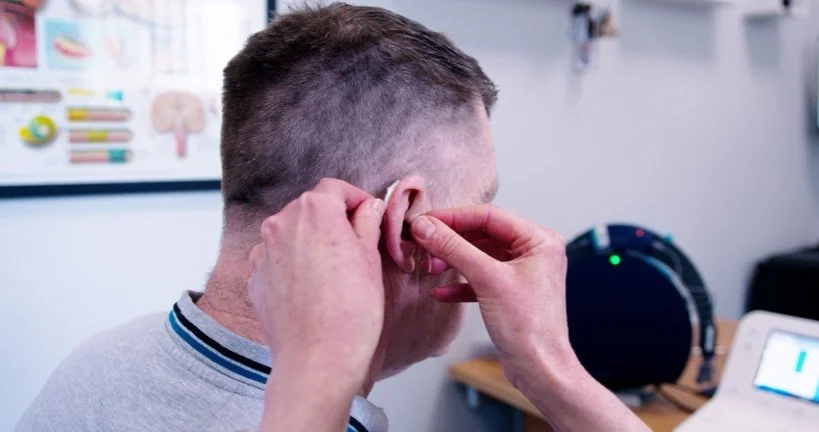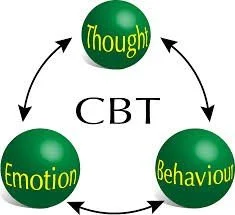
— SERVICES —
Tinnitus Assessment
Tinnitus - Noises in the ear
Hyperacusis – Sensitivity to loud sounds
Tinnitus and Hyperacusis Assessment
Our clinic provides a comprehensive tinnitus and hyperacusis assessment for patients experiencing these conditions.
What is Tinnitus?
Tinnitus refers to the perception of sound in the absence of any external noise. This sensation can manifest as ringing, whooshing, humming, or buzzing. Tinnitus can be continuous or intermittent, and may seem localized in one ear, both ears, the middle of the head, or difficult to pinpoint. Tinnitus is common, affecting up to 80% of individuals with underlying hearing loss or those exposed to loud noises, music, or machinery without proper hearing protection. A thorough tinnitus assessment is essential for identifying the cause of tinnitus and determining appropriate management: surveillance audiometry, hearing protection solutions, hearing aid rehabilitation or onward referral to an Ear, nose and Throat Consultant.
What is Hyperacusis?
Hyperacusis is when everyday sounds are perceived as intrusively loud, uncomfortable, and even painful. This heightened sensitivity to sound can lead to social withdrawal, isolation and increased anxiety, making the condition worse over time. Some individuals may develop hyperacusis following a challenging life experience, such as bereavement, while in many cases, the cause remains unclear. Hyperacusis can also co-occur with tinnitus, making a combined assessment crucial.
Assessment Process
The initial session for tinnitus assessment includes a detailed case history, outer ear and middle ear examination, with a comprehensive hearing test with tinnitus evaluation. This thorough hearing test and tinnitus assessment may take up to 90 minutes. During the session, questionnaires like the Tinnitus Handicap Inventory (THI) and Tinnitus Functional Index (TFI) are utilized to grade the severity of tinnitus and its impact on the patient’s life. At the conclusion of the assessment, patients receive informative handouts and guidance to help manage their condition.
Our clinic is dedicated to providing a detailed hearing test and tinnitus assessment, ensuring that each patient receives personalized care to address their unique needs.
Figure: Image illustrates the causes of Hyperacusis
Tinnitus / Hyperacusis intervention and Management
Depending on the outcome of the assessment, a referral will need to be made to an Ear Nose and Throat Consultant for further management or if onward referral is not required, then the patient can continue with audiological intervention and management.
For mild to moderate Hyperacusis cases, sound therapy training to help desensitize the patient’s reactions to loud sound may be helpful. For significant Tinnitus and Hyperacusis, a referral is made to a professional Counsellor for Cognitive Behavioural Therapy to manage thought patterns and behaviour in order to cope better with Tinnitus or Hyperacusis. This is done in conjunction with Tinnitus Retraining Therapy provided by the Audiologist.
A range of suitable tinnitus strategies and technologies are discussed with the patient. For those patients who present with hearing loss and tinnitus, and if a suitable candidate for hearing aid technology, the patient may continue with a trial of technology to note if their hearing has improved. Most patients find that they experience a noticeable reduction in their tinnitus perception when wearing hearing aids, as this is due to amplified sound from the hearing aid(s) ‘mixing’ with Tinnitus helping the brain to ‘shift’ it’s tinnitus perception from the foreground (loud and bothersome) to the background (lower perception, less noticeable).
Smartphone app’s like tinnibot may help reduce tinnitus perception
Resound tinnitus relief app can provide reduce tinnitus perception and help with habituation
Tinnitus pillow speaker to help aid a restful night’s sleep
For significant stress-induced tinnitus, our clinic can assist with onward referral to highly qualified, local psychotherapists and counsellors for cognitive behavioural therapy







